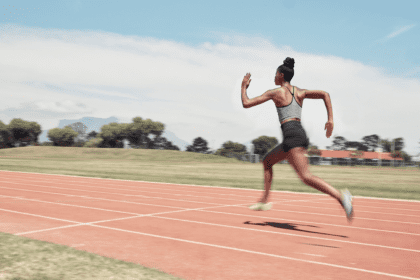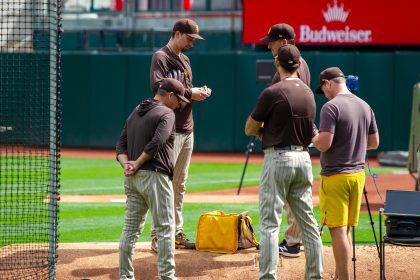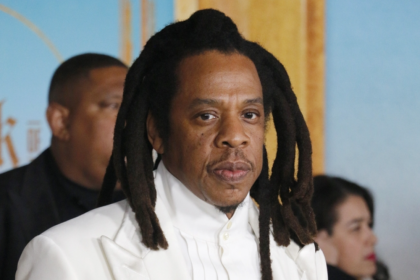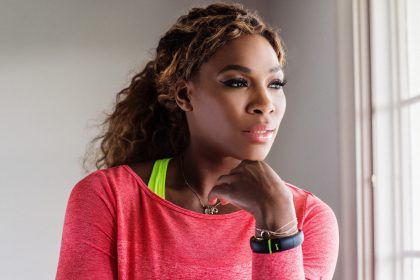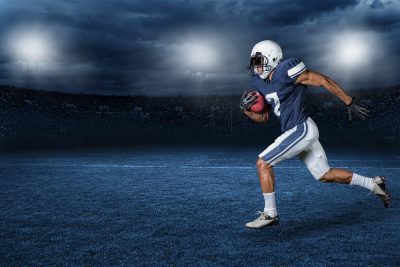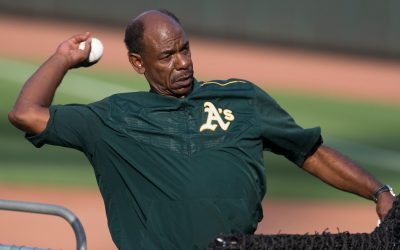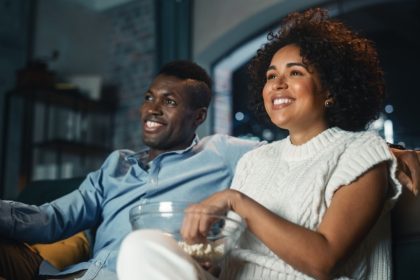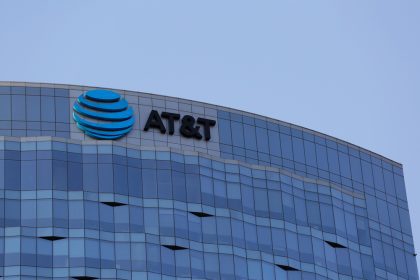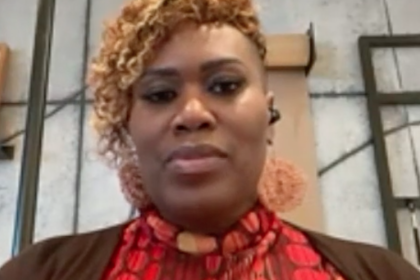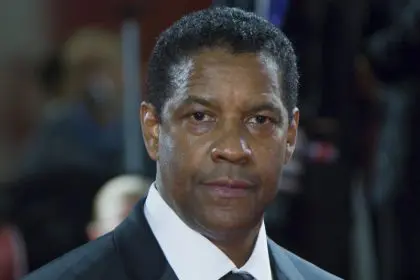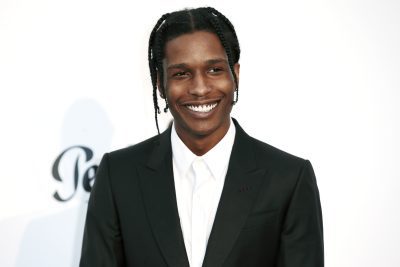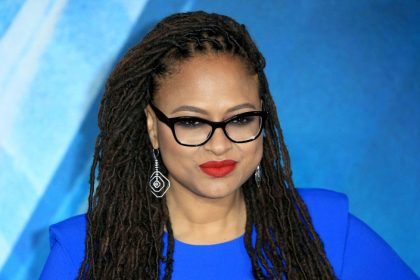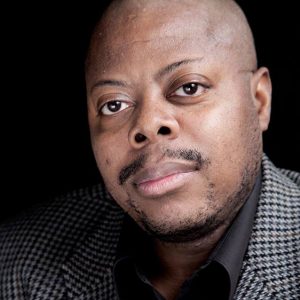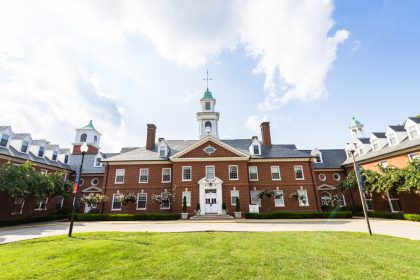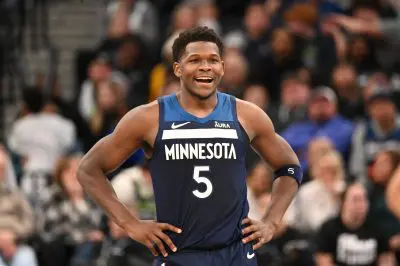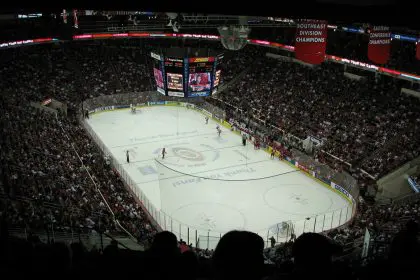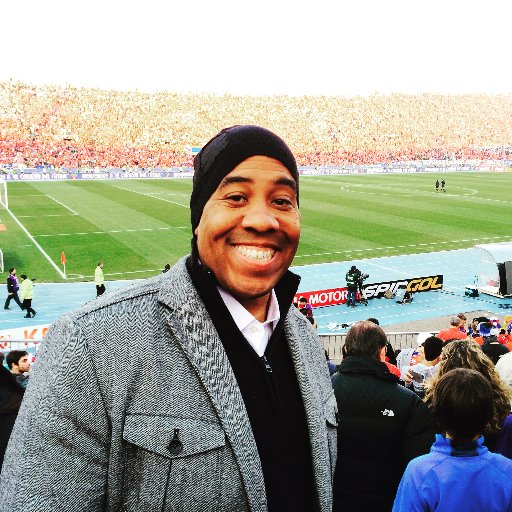
Adrian Williams is the director of diversity and inclusion for the Atlanta Braves. It’s a new role for him and he is having a field day (pun intended). Here, Williams shares his backstory and provides insight on how to engage African Americans and Latinos.
How did you arrive at your career choice?
I’ve been in diversity for about 10 years. Prior to joining the Atlanta Braves, I worked at Career Sports and Entertainment (CSE), a sports marketing agency in Atlanta. I started the diversity business at CSE. We worked with corporate partners like AT&T, Kellogg’s, Coca-Cola, [and] Regents Bank. From there, I was recruited to work with the Braves [by] my now current manager and former manager, Adam Zimmerman, who is the vice president of marketing for the Braves.
How did you get into diversity?
I feel like it was God’s choice. I played baseball. I came to CSE at 23 years old and really was trying to figure out exactly what I wanted to do. At the time, I was working on our BellSouth business as an account executive. I had the opportunity to run our HBCU portfolio of business which led to another opportunity working on classic games and homecomings — an opportunity to add value to the space — hence the birth of CSE’s diversity and multicultural. From there, I was able to make a pitch with the support of Adam and Doug Manning, who’s now the president at CSE, we made the pitch for the multicultural business. They said “yes” and we were off and running. Our first business, two areas, was running the Atlanta Football Classic with the 100 Black Men of Atlanta with John Grant and the Florida Classic. Over the course of time, we had the largest collection of HBCU classics in the country and then started working with corporate partners like AT&T and Coca-Cola to help design their African American initiatives and activations.
What could you tell a young person thinking of getting into sports or sports and entertainment?
I would say, one, try to do everything. If somebody says, hey, I have an opportunity for you to work in various areas of the business, even if that’s outside of your field, at a very young age, do that. My first start in sports was in Minor League Baseball with a single A team, Lake Elsinore Storm. What was great about that experience is I was able to touch various parts of the business outside of just my area of focus. The experiences allowed me to really gain an understanding of various parts of the business that I can still rely on and think back on to guide me through this opportunity.
Second is volunteer. There’s a lot of opportunities especially in the city of Atlanta. As you start to think about these next three or four years, you’ve got the Mercedes-Benz Stadium and the soccer team, the Atlanta United is one-year-old. We have a new ball park in The Battery so you’ve got opportunities along with the college football national championship, the Super Bowl. As you start to think about it, there are great volunteer opportunities that you can list as work experience on your resume.
Can you emphasize the importance of volunteering?
I still volunteer. I’m on the host committee for the national championship game for 2018. It’s a volunteer role and an opportunity to continue to learn. When you’re in sports, and sports and entertainment, the world is evolving so much just the opportunity to volunteer is a learning experience. It’s also is a way to build your network. You are getting paid. It’s just in a different form — building your network and experience. Then you can cash that in for the opportunity for a paid gig.
How many African Americans are in similar positions in Major League Baseball?
I’ve only been in this role for four months, so I am still learning that. One of my mentors and somebody that I look up to is Tyrone Brooks. Tyrone is in the commissioner’s office and really leads the diversity talent pipeline for Major League Baseball. He also was here at the Braves and started off at a very low level with the Braves but has worked his way up. When I decided to take this job, he was one of the people that I relied on for experience and understanding on what diversity means to Major League Baseball today as well as where it’s going in the future because he had so much experience within Major League Baseball. I still rely on him today. It’s a network of people that you are constantly meeting and constantly growing. That’s what I’m learning. I’m learning who are all the players in Major League Baseball right now.
What are some of the touch points that MLB is working on with diversity on a local and national level?
Number one is participation. I think about the rates in which African Americans are playing the game. We’re trying to get more to play the game.
Second, as we think about the Braves, our initiatives are how do we encourage people to experience the Braves? How do they take their fandom to the next level? We’ve got The Battery that’s outside. That is a 365-day entertainment experience that we have that is anchored, 81 days out of the year, with a baseball team. How do we start to build that experience?
The second thing is, thinking about how we can have more inclusion for Latinos. As we think about the Latin community, obviously there is a heavy influence in baseball [and] it’s continuing to grow. The population is growing domestically so how are we looking at building that out? We’ve just launched Los Bravos from our perspective, and we feel like that is an opportunity and a platform for continuous communication to our Latino audience. As a part of that initiative, we have merchandise, we have advertising and marketing, and our players wore the Los Bravos jerseys on Sept. 17, as a part of Hispanic Heritage.
What are some of your day-to-day initiatives toward diversity at Sun Trust Park?
My responsibility over the last four months is identifying how we can make the Braves more welcoming and inclusive to minorities and to various segments. Our marketing campaign is “Welcome Home.” As we think about “Welcome Home,” we want to make that inclusive of all people. As I think about that, it’s reconnecting back to our African American fan base, as well as thinking about how we can encourage more participation, which I talked about earlier. And three, make this place hip and cool to our young influencers.
Then on the Latino side, it is building a welcoming environment for Latinos. Having people that speak a language, that’s outside of the ballpark, in the ballpark, as well as thinking about how we can have continuous communication with the community. We are asking and encouraging our fans to be a part of our Braves community.
What are some of the key points that people should look at to really get engaged?
We’ve gotten great support from our Latino community as well as from the African American community. You hear Ryan Cameron on V-103 talking about the Braves, he’s been a great supporter. We’ve had Ludacris to come out as well. He loves the new ballpark. He’s been out twice already and he was here for opening weekend, so we are very excited about the activities that we have.

